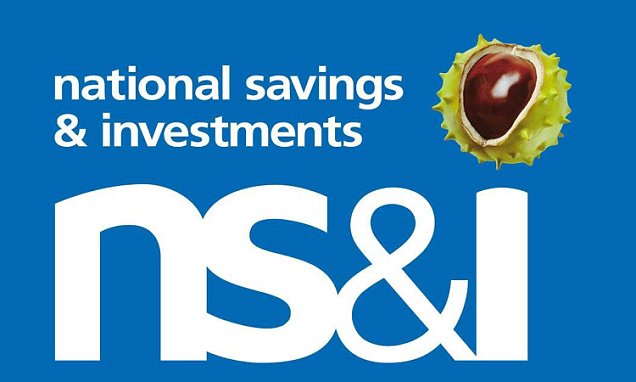
Ahead of the autumn budget this Wednesday, the Treasury has announced that the National Living Wage is set to rise from £8.91 per hour to £9.50 for those aged 23 and over.
Workers aged 21-22 will see an increase of 83p to £9.18 an hour, while those aged 18-20 will see an increase of 27p an hour.
According to the Government, 16-17 year olds will see an even smaller increase of just 19p, and apprentices will receive an increase in wage of 51p – up to £4.81.
James Andrews, senior personal finance editor at money.co.uk said: “Given the recent increase in both energy bill and fuel prices, not to mention the end of the £20 Universal Credit uplift, an increase in wage is good news for the millions of minimum wage workers across the country.
“For anyone over 23 years of age working 35 hours a week, that’s a pay rise of £1,073.80.
“For the first time ever, the government’s national living wage matches the current recommendations from the Living Wage Foundation, an independent campaign organisation.
“However, Londonders will still lose out compared to those working for companies signed up to pay the voluntary living wage, which is set at £10.85 for people working in the capital.
“It’s important to remember, however, that the increase in national living wage (6.6%) won’t come into effect until April – by which time the Living Wage Foundation may well have reassessed its figures to take account of rises in the cost of essential goods and services.
“For those still struggling with the increased cost of living now, there are several ways of making savings to help bridge the gap from one payday to the next.
“One of the quickest ways of making cash in a flash is to switch current accounts. As well as picking up a deal that will help you manage your finances better in the long term, some providers will even give you a cash bonus for switching.
“Currently, switching to a NatWest Select Account will earn you a £100 switching bonus, plus an additional £50 if you stay with NatWest for a set period of time.
“Alternatively the Santander 123 Lite Current account comes with a switching bonus of £130, however you do need to be paying in at least £500 a month for this account to be worth your while.
“To make sure you’re keeping the cost of your household bills as low as possible, it’s also essential to regularly check for deals on outgoings such as your broadband or mobile tariff.
“Over the last few months, our working habits have changed dramatically, with some people returning to the office full time and others sticking to flexible working patterns.
“Make sure your current broadband package matches your needs – it might be possible to get a smaller, cheaper package that still gives you the right amount of data for less. Switching is fast, easy, and will give you a small but noticeable saving each month.
“What’s more, if you’re self-employed and are still working from home full time, there are several expenses you can claim against your tax to generate an additional saving, such as heating, electricity, cleaning cost, mortgage interest and council tax. For more information, log on to the Government website here.
“To compare the latest switching deals visit: https://www.money.co.uk/current-accounts.htm”



